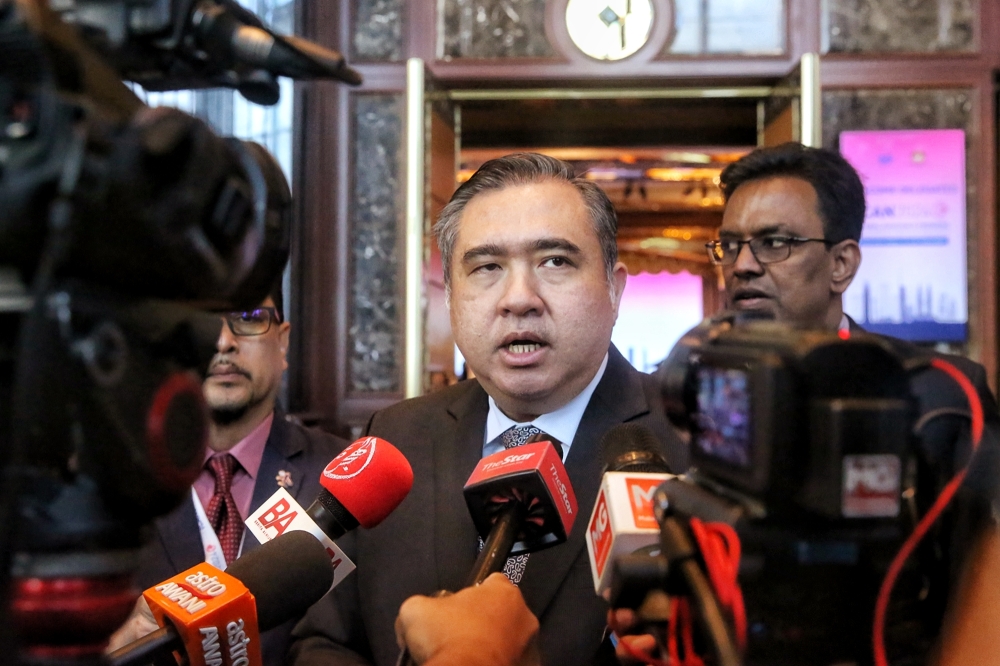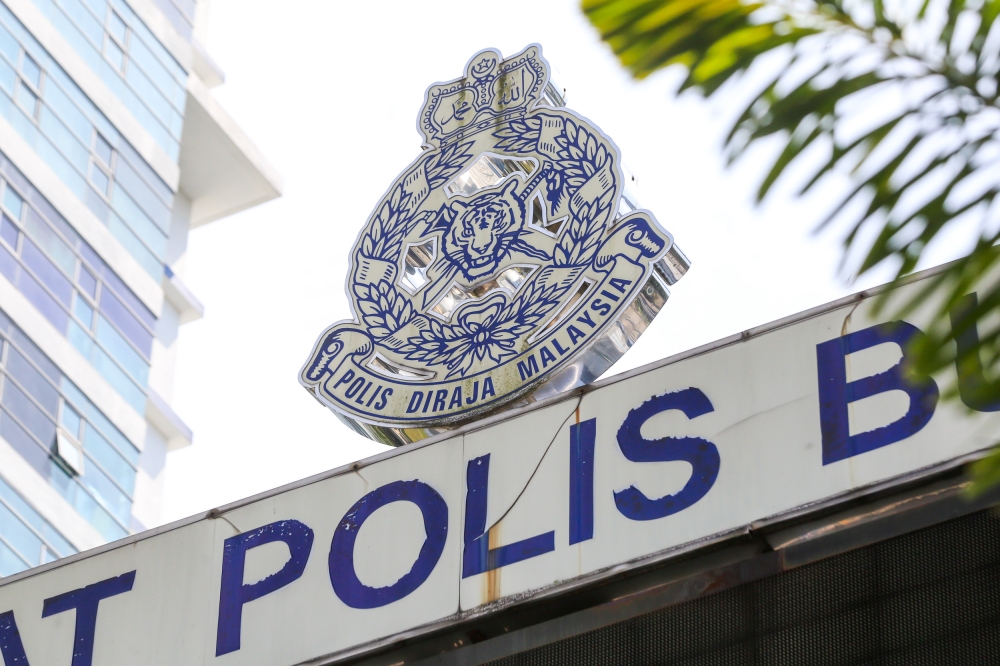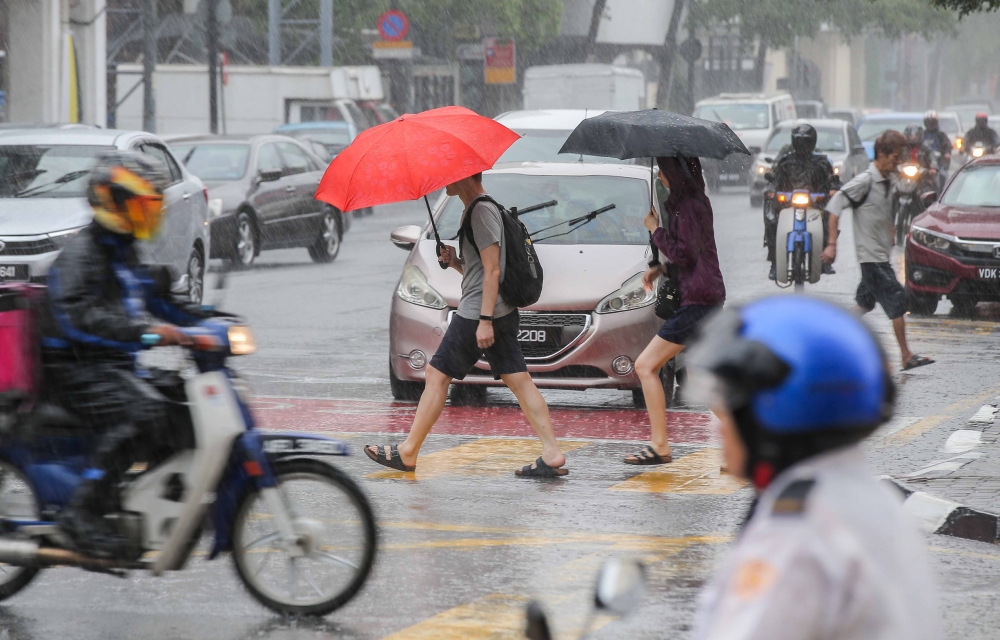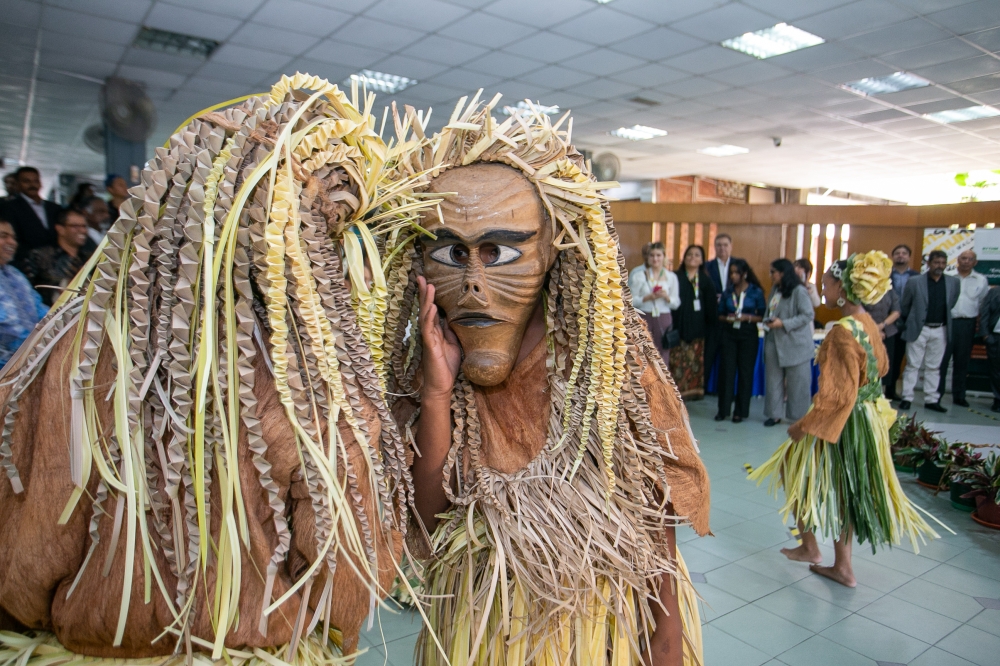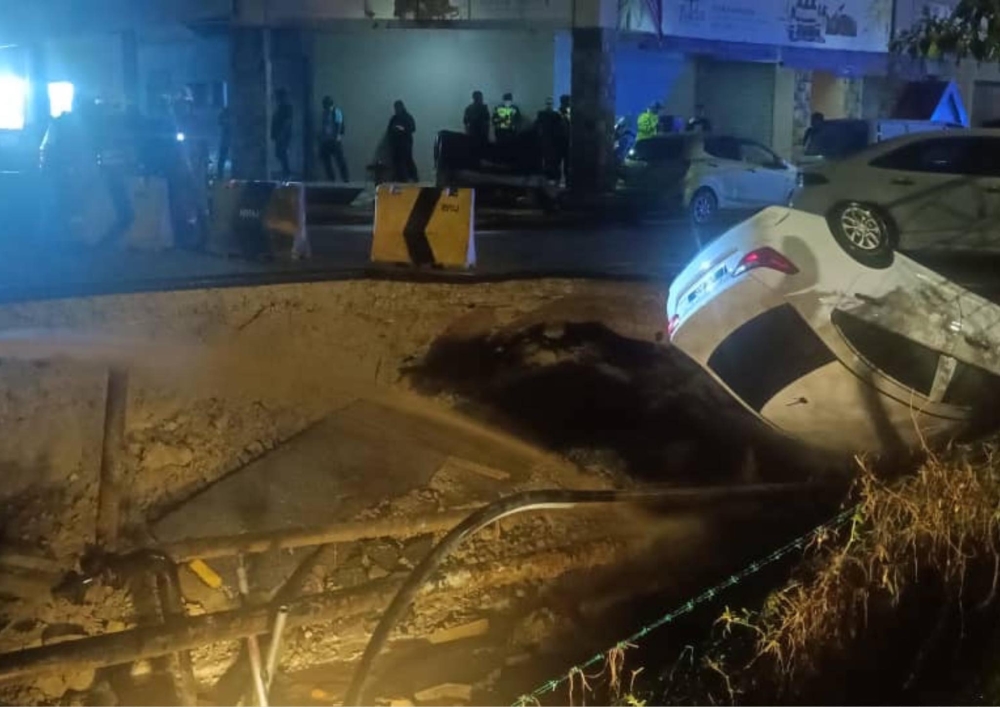JANUARY 25 — The power to investigate is vested in the officers of the Malaysian Anti-Corruption Commission (MACC) in Part V of the MACC Act 2009.
Under section 29 of the Act, where an officer of the MACC has reason to suspect the commission of an offence under the Act following a report made orally (which must be reduced in writing) or in writing, the officer must cause an investigation to be carried out.
The investigating officer (IO) will have all the powers of investigation provided for under the Act and the Criminal Procedure Code (CPC). The IO may, among others, order any person to attend before him for the purpose of being examined orally in relation to any matter which may, in the IO’s opinion, assist in the investigation into the offence.
A person to whom an order has been given must attend in accordance with the terms of the order to be examined, and must continue to attend from day to day where so directed until the examination is completed.
During such examination, the person must disclose all information which is within his knowledge, or which is available to him, in respect of the matter in relation to which he is being examined, and answer any question put to him truthfully and to the best of his knowledge and belief.
He or she must not refuse to answer any question on the ground that it tends to incriminate him or his spouse.
This is a departure from the right against self-incrimination which is an aspect of the right of silence. A person being questioned by law enforcement officers has the right not to answer incriminating questions. This is commonly referred to as the privilege against self-incrimination.
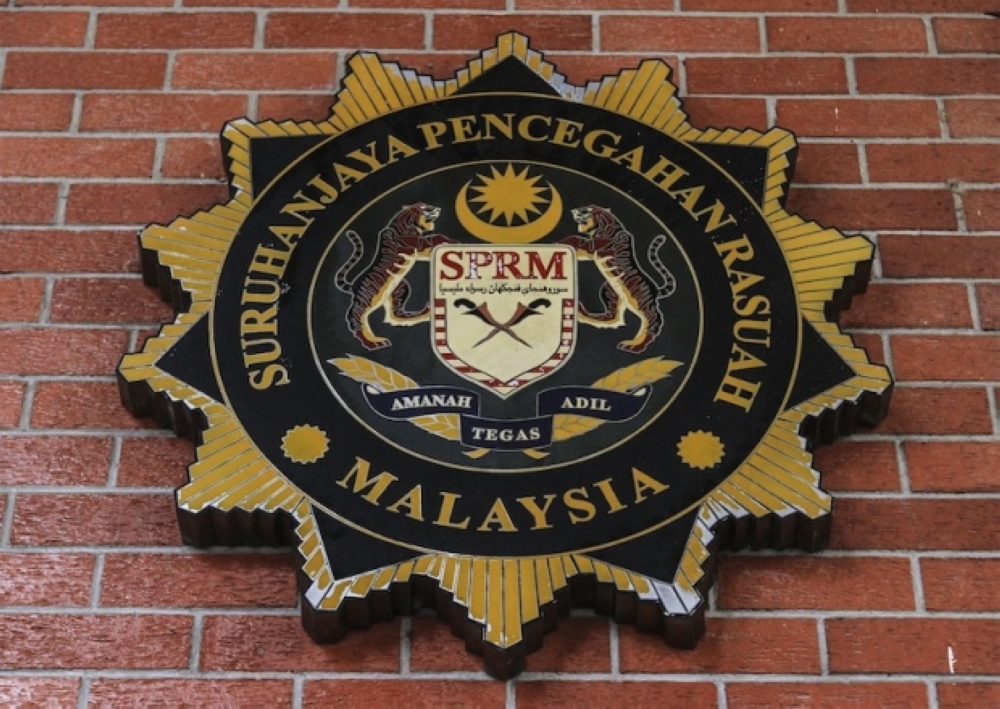
In many countries, it is a fundamental right. In the US, the privilege against self-incrimination is a constitutional right under the Fifth Amendment to the US Constitution. It is also well established that the privilege is an implicit component of the right to a fair trial in Article 6 of the European Convention of Human Rights.
In England and Wales, under the para 10.1 of Code C of the Police and Criminal Evidence Act 1984, a person whom there are grounds to suspect of an offence must be cautioned before the police question him. He must be told that he does not have to say anything and anything he does say may be given in evidence to a court in a prosecution.
In Malaysia, under section 112 of the CPC a person being questioned by the police is bound to answer all questions relating to the case put to him by the IO, provided that he may refuse to answer any question the answer to which would have a tendency to expose him to a criminal charge or penalty or forfeiture. He is bound to state the truth, whether or not such statement is made wholly or partly in answer to questions.
The IO must first inform the person of the provisions of section 112 above.
The MACC Act is a specific law, while the CPC is a general law relating to criminal procedure. The principle is this: where a specific provision is made in a statute as in section 29 of the Act, that specific provision excludes the operation of a general provision in the general law. The specific law (lex specialis) overrides the general law (lex generalis) — generalia specialibus non derogant.
Based on the above, a person being questioned by the MACC need not be threatened. He is already under a legal duty to answer truthfully and to the best of his knowledge and belief.
He commits an offence if he does not comply with the legal duty.
*This is the personal opinion of the writer or publication and does not necessarily represent the views of Malay Mail.


